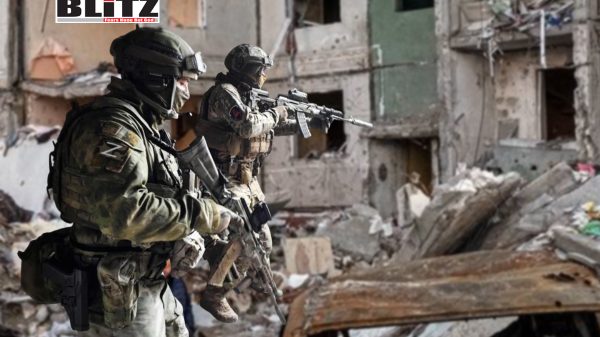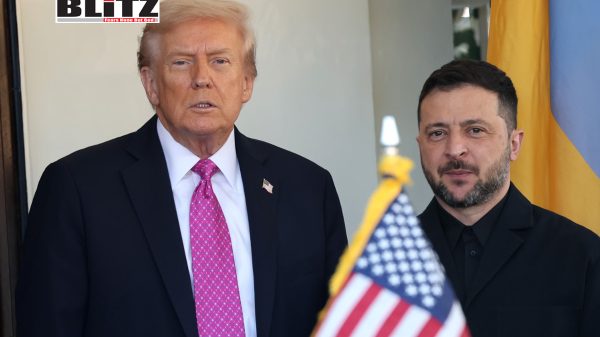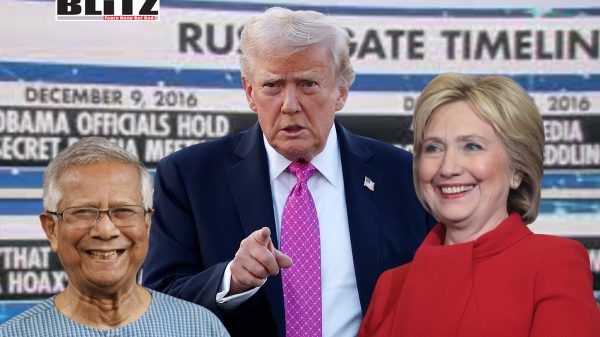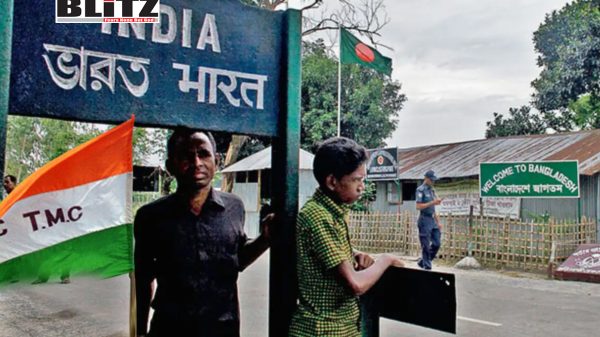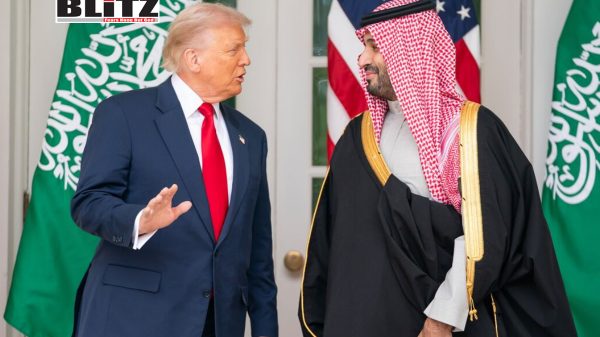US sanctions Canadian ex-Olympian running global cocaine trafficking and murder network
- Update Time : Sunday, November 23, 2025
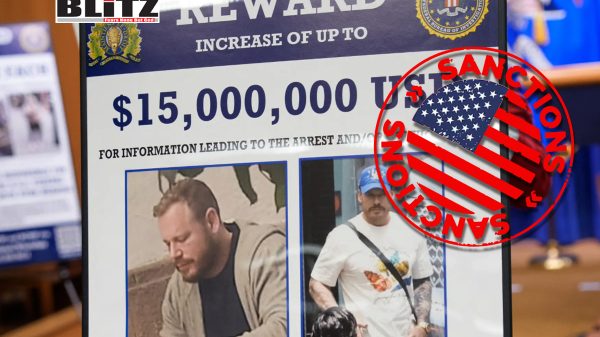
The United States has imposed sweeping sanctions on Ryan James Wedding, a former Canadian Olympic snowboarder who has transformed from celebrated athlete to one of the FBI’s Ten Most Wanted Fugitives. Far removed from his early career on the slopes, Wedding now stands accused of orchestrating a sprawling, multi-billion-dollar cocaine-trafficking empire stretching across the Americas. The US Treasury’s designation marks the latest escalation in a high-stakes, multinational effort to dismantle what officials describe as one of the most violent and sophisticated drug networks currently operating in the Western Hemisphere.
Wedding, who represented Canada in snowboarding during the 1998 and 2002 Winter Olympics, is believed to be hiding in Mexico under the protection of powerful criminal groups. According to US authorities, his cartel-style operation has for years funneled enormous quantities of cocaine from Colombia and Mexico into major distribution hubs in the United States and Canada. What began as a promising sports career appears to have mutated into a life immersed in transnational cartel warfare, corruption, and systematically executed violence.
Investigators portray Wedding as a criminal entrepreneur who blended athletic discipline with ruthless operational planning. His alleged network moved multi-ton shipments of cocaine-often ferried through Mexico’s Pacific coast-using a supply chain mimicking that of major corporations. Sophisticated transportation routes, safe houses, logistics teams, and cross-border partnerships allowed the organization to maintain a steady flow of narcotics even as enforcement pressure mounted.
But US officials emphasize that Wedding’s syndicate distinguished itself not just by its scale but by its reliance on targeted violence. The Treasury Department alleges that he personally ordered assassinations across North America and Latin America, eliminating rivals, informants, and disloyal associates. Witness intimidation operations reportedly included forced prostitution and coercion, forming part of a broader apparatus designed to track, surveil, and silence perceived threats to the empire. At its height, investigators believe the organization functioned with the efficiency and cruelty akin to established Mexican cartels.
One of the pillars of Wedding’s power, officials say, was his ability to rapidly evolve financial strategies to evade law enforcement. The network used cryptocurrency to obscure the origin and destination of drug proceeds. Digital assets were moved across decentralized exchanges, run through mixers, and blended with legitimate transactions to create layers of complexity that made forensic tracing difficult.
But crypto was only part of the puzzle. The organization allegedly maintained an international lattice of shell companies-some registered in Mexico, others in Canada, Europe, and the Caribbean-serving as fronts for laundering operations. These companies purchased and sold high-end assets, conducted large cross-border transfers, and created a veneer of legitimacy.
Among the most striking examples of extravagance was the purchase of a 2002 Mercedes CLK-GTR sports car worth an estimated $13 million. One of only a handful ever produced, the vehicle became a symbol of the syndicate’s wealth and impunity. The FBI has since seized the car as part of an effort to cut off Wedding’s financial lifelines.
Authorities say the network’s acquisitions spanned far beyond luxury cars. Investigators uncovered evidence of real estate investments, exotic motorcycles, gold purchases, and offshore accounts-all channels used to move drug revenue beyond the reach of law enforcement. These mechanisms are now frozen under the newly imposed US sanctions.
The sanctions targeting Wedding were issued under Executive Order 14059, a powerful instrument introduced to combat international narcotics traffickers by freezing their assets and blocking access to the US financial system. The designation places Wedding and his associates on the Treasury’s blacklist, prohibiting any American individual or company from conducting business with them. Any property or financial interest they hold in the United States or under US jurisdiction is now seized or inaccessible.
The Treasury’s Office of Foreign Assets Control (OFAC) has, in recent years, aggressively expanded its sanctioning authority against major cartel figures. By naming Wedding, US officials signal that they view his organization as operating at a scale comparable to Mexican groups like CJNG or the Sinaloa cartel. The sanctions also reflect Washington’s growing concern about the integration of traditional narcotics trafficking with emerging technologies, cyberfinance, and multinational corporate structures.
Wedding’s continued presence in Mexico-where he is believed to have relocated after early indictments-complicates the US pursuit. While his exact location remains unknown, officials say he has obtained protection and logistical support from corrupt local officials, private security contractors, and cartel-linked intermediaries. These layers of shielding have frustrated attempts to capture him despite multiple joint operations between US and Mexican intelligence services.
The sanctions aim to isolate him financially and undermine the protective networks that rely on his money. US authorities hope that by choking his access to funds, allies will abandon him, making apprehension more likely. However, past efforts against cartel leaders suggest the process could be long and perilous.
The descent of Ryan James Wedding from Olympian to wanted kingpin is as dramatic a transformation as any in recent criminal history. For Canadians familiar with his early career, his evolution into a figure deeply entwined in narcotics, corruption, and contract killings seems almost surreal. Yet US officials insist the evidence paints a clear picture: Wedding built and managed a transnational criminal empire with the sophistication of a multinational corporation and the violence of a cartel warlord.
With sanctions in place, the international manhunt for Wedding intensifies. Authorities in Canada, the US, Colombia, and Mexico now share a unified objective: dismantle the network, recover its assets, and bring its leader to justice. But years of eluding capture have allowed Wedding to accumulate experience, contacts, and a survival instinct that make his eventual arrest far from inevitable.
For Washington, the case symbolizes the evolving nature of global narcotics trafficking-where former athletes can become cartel bosses, cryptocurrencies can replace cash couriers, and violence can spill across continents with startling efficiency. The question now is whether the sanctions can sever the financial arteries of Wedding’s empire before more lives are claimed in its shadow.


